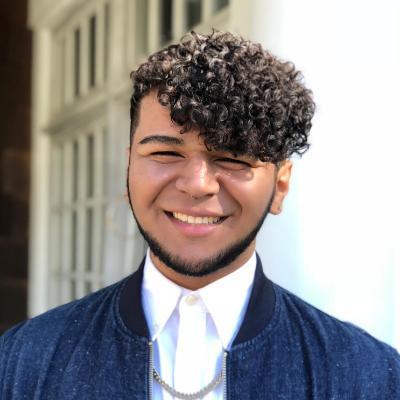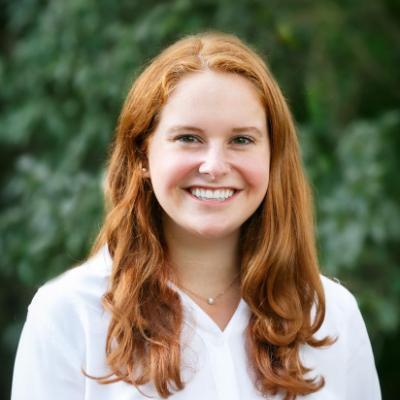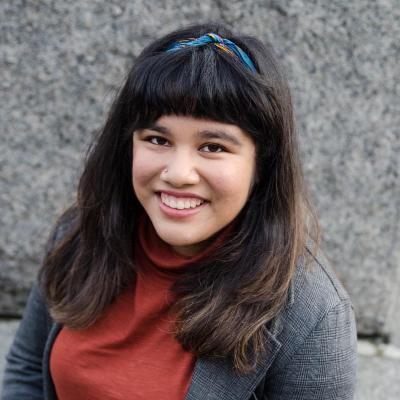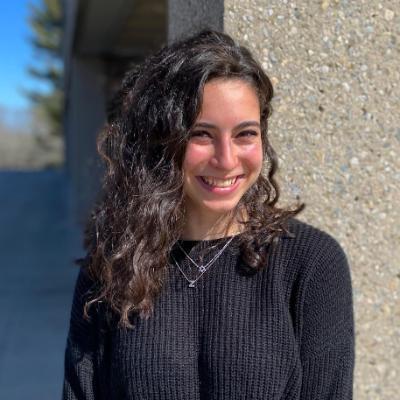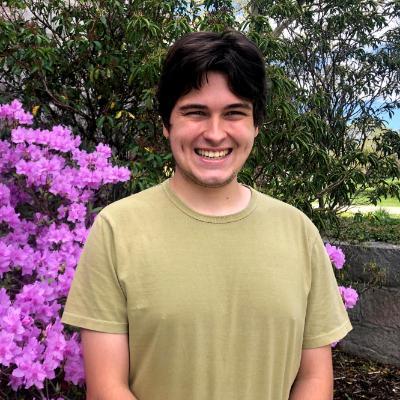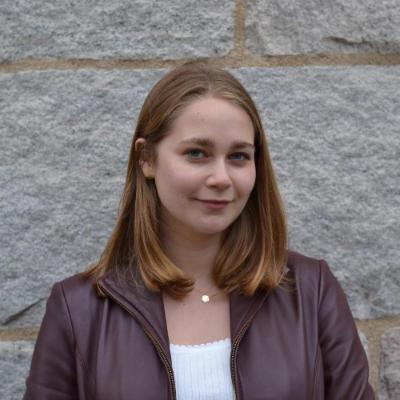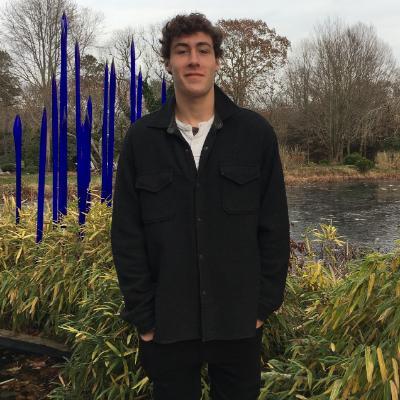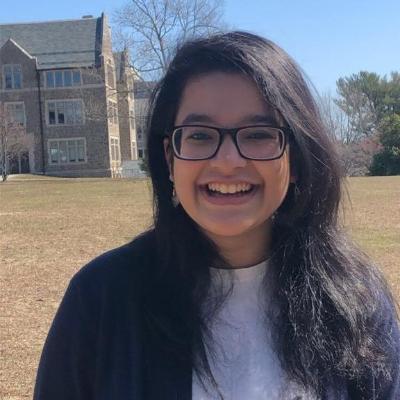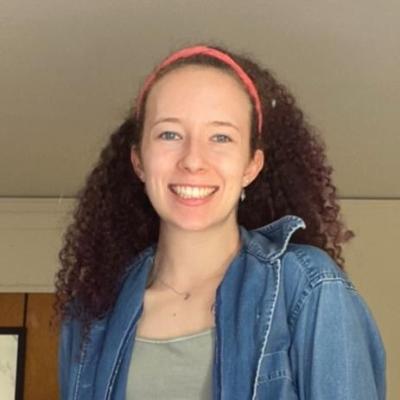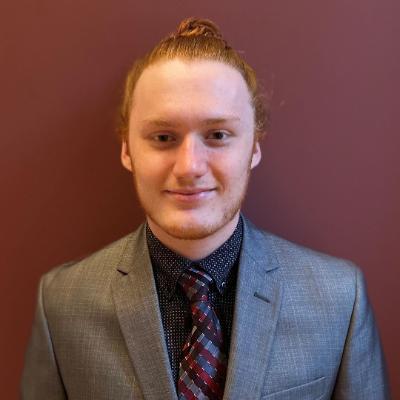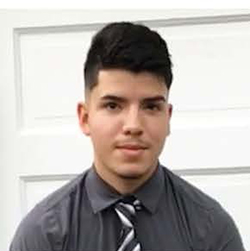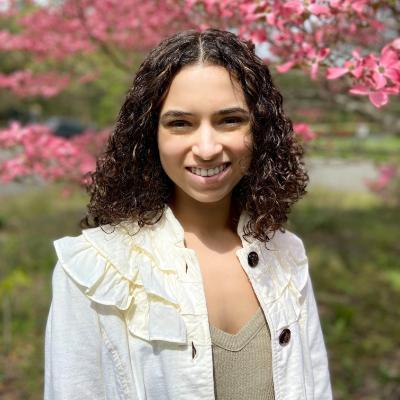
Bri Goolsby ’22
Ammerman Center for Arts and Technology
While researching race and representation in animation during the summer of her sophomore year, Bri found that the history of animation is rife with racism and stereotypical depictions of people of color, and that today’s films continue these problematic traditions.
While the earliest cartoons were fraught with depictions of blackface, she found characters of color in more recent films often change into animals or other nonhuman forms.
For example, Bri says, “[The Princess and the Frog’s] Tiana is the first—and so far only—Black princess in the Disney Princess franchise, however she spends 40 minutes of the one-hour-and-40-minute film as a frog and only about one minute as an actual princess. This means little black girls don’t really get to look up to a princess character, but mostly just a frog that runs around in a swamp.”
That research sparked the question that has animated her journey as an Ammerman Center for Arts and Technology scholar: “How can positive race representation in animated media raise self-esteem in youth?”
A film studies major and gender, sexuality and intersectionality minor from Wethersfield, Connecticut, Bri spent this past summer as an intern for Cultured AF, a New London-based art studio. There, she learned to record and edit footage of live events, connected with other artists of color, and honed her animation skills while creating animated advertisements for Instagram.
“This internship made me realize I want to highlight artists of color and inspire youth of color to pursue their artistic passions,” she said.
Bri is now working on an interactive website aimed at empowering youth of color through animated media, which she previewed at the Symposium.
“I want to uplift the voices and talents of people of color through a medium that has the tendency to be oppressive,” she said.
After graduation, she plans to continue that mission as a screenwriter or storyboard artist for animated films or TV series.
“I hope to contribute directly to positive race representation in animated media,” she said.
